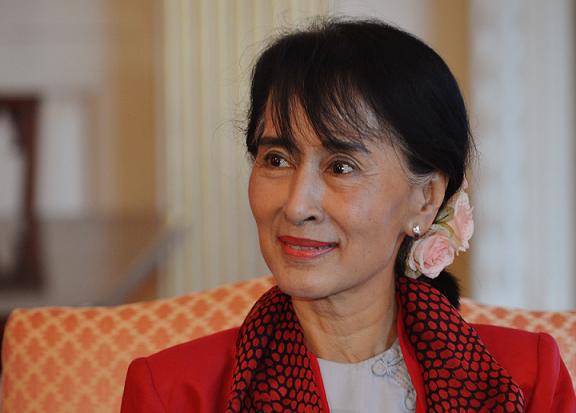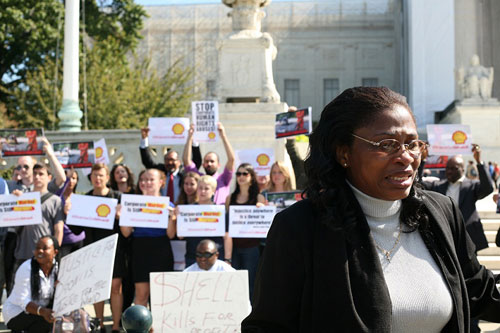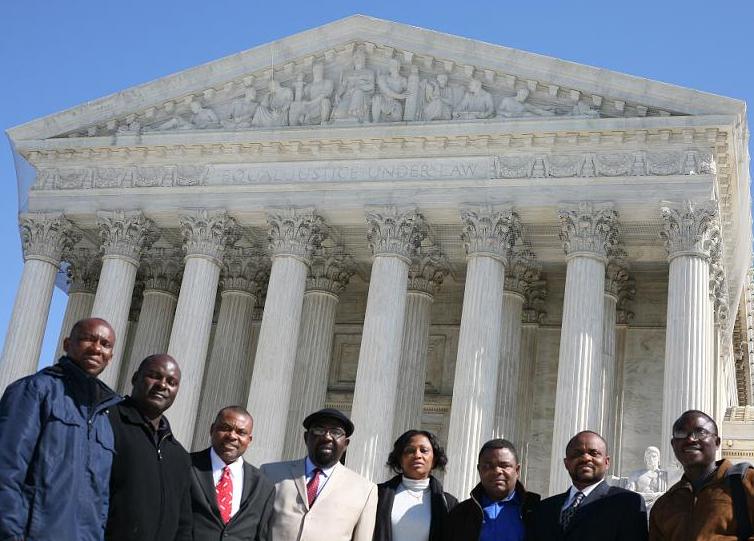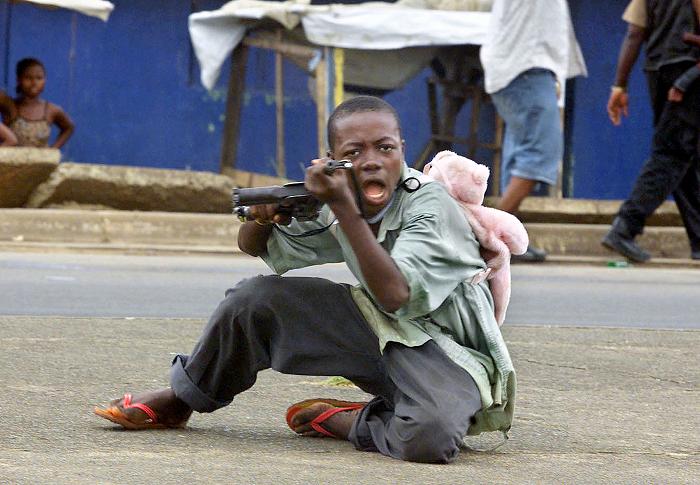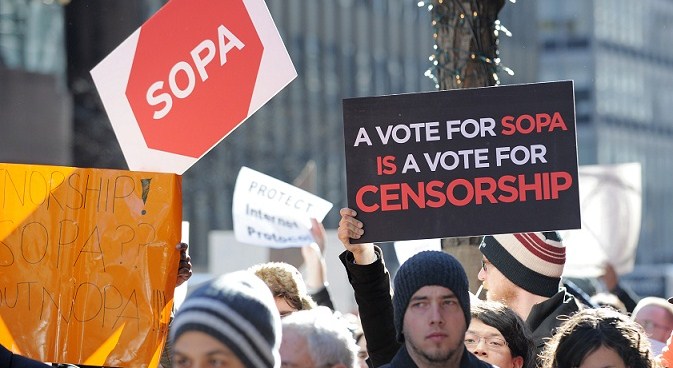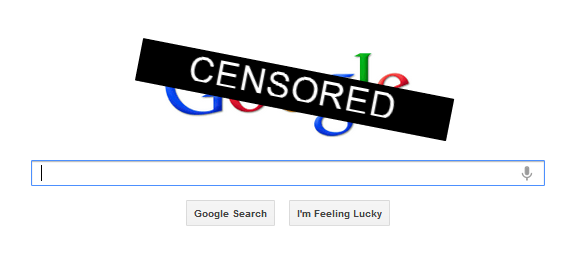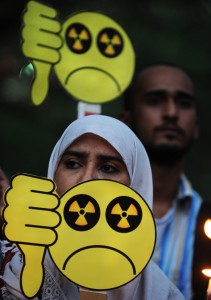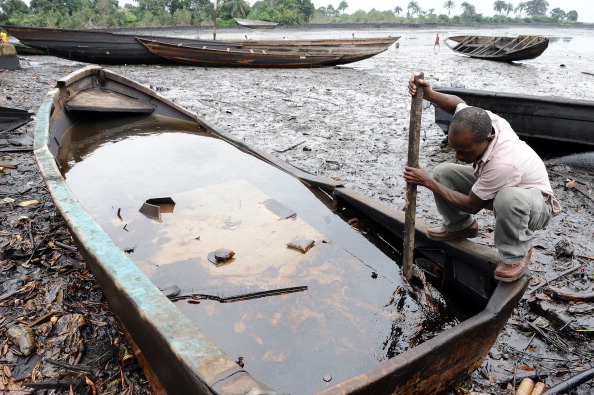
An indigene of Bodo, Ogoniland region in Nigeria, tries to separate with a stick the crude oil from water in a boat at the Bodo waterways polluted by oil spills attributed to Shell equipment failure.(Photo credit: PIUS UTOMI EKPEI/AFP/Getty Images)
By Audrey Gaughran, Amnesty International’s Africa Programme Director
This week’s ruling by a Dutch court in a case brought by four Nigerian farmers against the oil company Shell for pollution damage represents a small victory – but also underlines the real-world challenges facing victims of pollution and human rights abuses involving multinational companies.
The four farmers who brought the case had seen their livelihoods destroyed by oil pollution from Shell’s operations.
The court found in favour of one plaintiff, stating that Shell Nigeria had breached its duty of care in that case by failing to take reasonable action to prevent third parties tampering with oil wells and causing oil spills. Shell will now have to pay compensation to the affected farmer.


